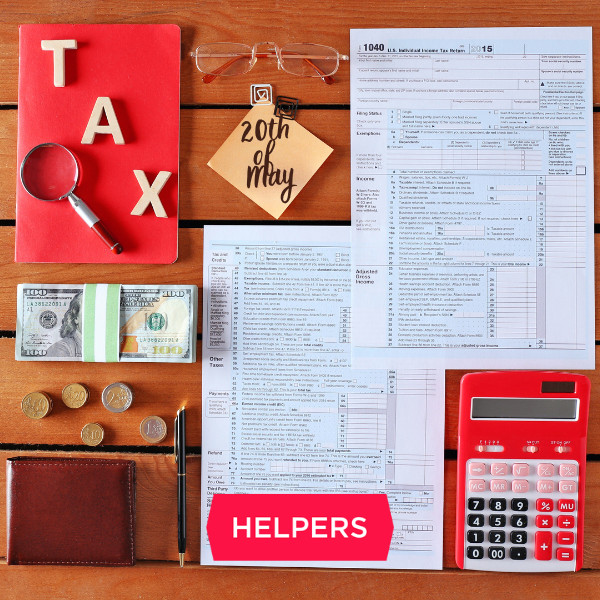
How can I get a dividend payment from my Hungarian company?
John D. Rockefeller was quoted saying “Do you know the only thing that gives me pleasure? It’s to see my dividends coming in.”
John D. Rockefeller was quoted saying “Do you know the only thing that gives me pleasure? It’s to see my dividends coming in.”
Last updated on 7 March 2019.
What is a dividend?
It is a payment made to the company’s owners from the profit after taxation and free accumulated profit reserves. This also means that if a company did not produce profit, it cannot pay a dividend.
Who can get a dividend?
Only the owners of the company, that is, the persons or entities that are listed as members in the company register. In many cases, especially for small companies, the owner and the CEO/Manager is the same person, but this is not necessarily the case. Owners can receive dividends in proportion with their share in the company (except if otherwise regulated in the company’s article of association).
When can I get a dividend?
After the closing of the fiscal year, the accountants prepare the company’s closing report. The company owners then have a meeting approving or rejecting the report, and this is also the time when they decide on dividend payments. This usually happens in April or May of the year following the completed fiscal year.
Can I get dividend sooner than the end of the fiscal year? Yes: that is “dividend advance”
If you do not want to wait for the closing of the fiscal year, you can also take a dividend advance (also called an interim dividend) from your company. In this case, your accountants prepare an interim balance sheet to show that the company has enough profit to pay the dividend. You also have to sign a declaration that the dividend advance payout does not threaten the financial status of the company, and that you will be able to pay back the dividend advance if the company will not achieve the necessary profit during the rest of the fiscal year.
Please note that proper preparation is necessary for taking dividend advance. As a result, make sure to always notify your accountants of your intention in advance. You may be charged an extra fee for the preparation of the interim report, as it entails the same amount of work as a year closing.
When you cannot get a dividend
There are two cases when a dividend cannot be paid out. First, if the company’s adjusted capital is lower than its share capital. This can happen if you used some of your share capital for purchases or running expenses, and your income did not make up for the spending. The second case is if the dividend payment would threaten the company’s financial status, for instance, by not leaving enough liquid assets for planned purchases, payroll or tax payments.
Want to learn more?
Click here to see what taxes and contributions are to be paid on the dividend you take from your Hungarian company.
Click here to see how being or not being a tax resident in Hungary affects the taxes you pay on dividends.
التواصل
تواصل معنا اليوم
من الإثنين إلى الجمعة
9 صباحًا - 5 مساءً بتوقيت وسط أوروبا
Helpers Hungary Kft
Budapart Gate
Dombóvári út 27
Budapest 1117, Hungary
إذا كنت تزورنا، يرجى استخدام المدخل A والتوجه إلى الطابق الثاني.






